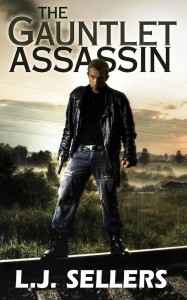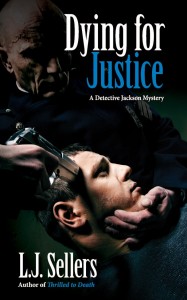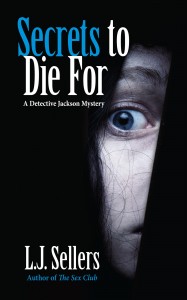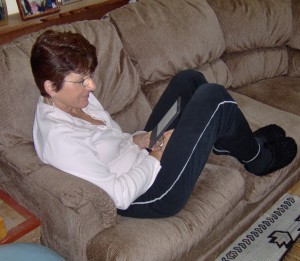
After changing the name of my futuristic thriller to The Gauntlet Assassin and seeing the uptick in sales, I decided a new title needed a new cover. It took me a long time to find an image I liked. I wanted to represent Lara and the competition, but there’s nothing appropriate out there. I considered paying an artist to create an image, but I realized that the title focused on the antagonist and so should the cover. So here’s what I came up with.
As soon as the new ebook is back from the formatter, I’ll do a giveaway on Amazon and see if I can push sales to a new level. This novel has garnered some of my best reviews.
In other news, I’m struggling to find an affordable Spanish translator for my Jackson series. I thought I had one, but when I had the work evaluated, I decided not to continue with that translator. I haven’t given up, but the search is time-consuming, and I’m way behind on my newest Jackson story. But I’m still hoping to have it published before July.
Another update is that I’ve submitted four of my scripts to Amazon Studios for consideration. Three are comedies, and it would be so much fun to see Addictions or Lost in Hollywood come to life on the screen. It was fun just reading back through the stories.
I also submitted a script for The Baby Thief, which is currently a bestseller on Kindle, ranking at #3 on the medical thriller list. That story was the first publishable novel I wrote, and I worked on it for years. I also landed a major agent for it, then failed to sell it. So it’s gratifying to final have thousands of readers enjoying the story.
Since you folks write to me everyday, asking when my next Jackson story will be available, I’d better get back to work.
PS: Do you like the new cover? Do you know an inexpensive translator?








